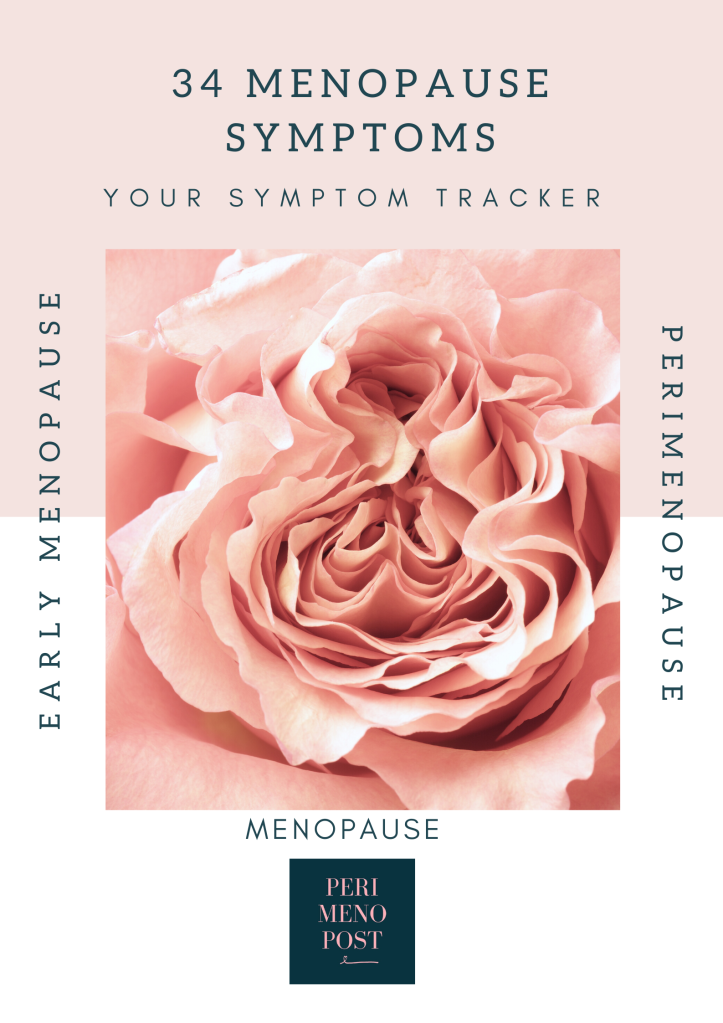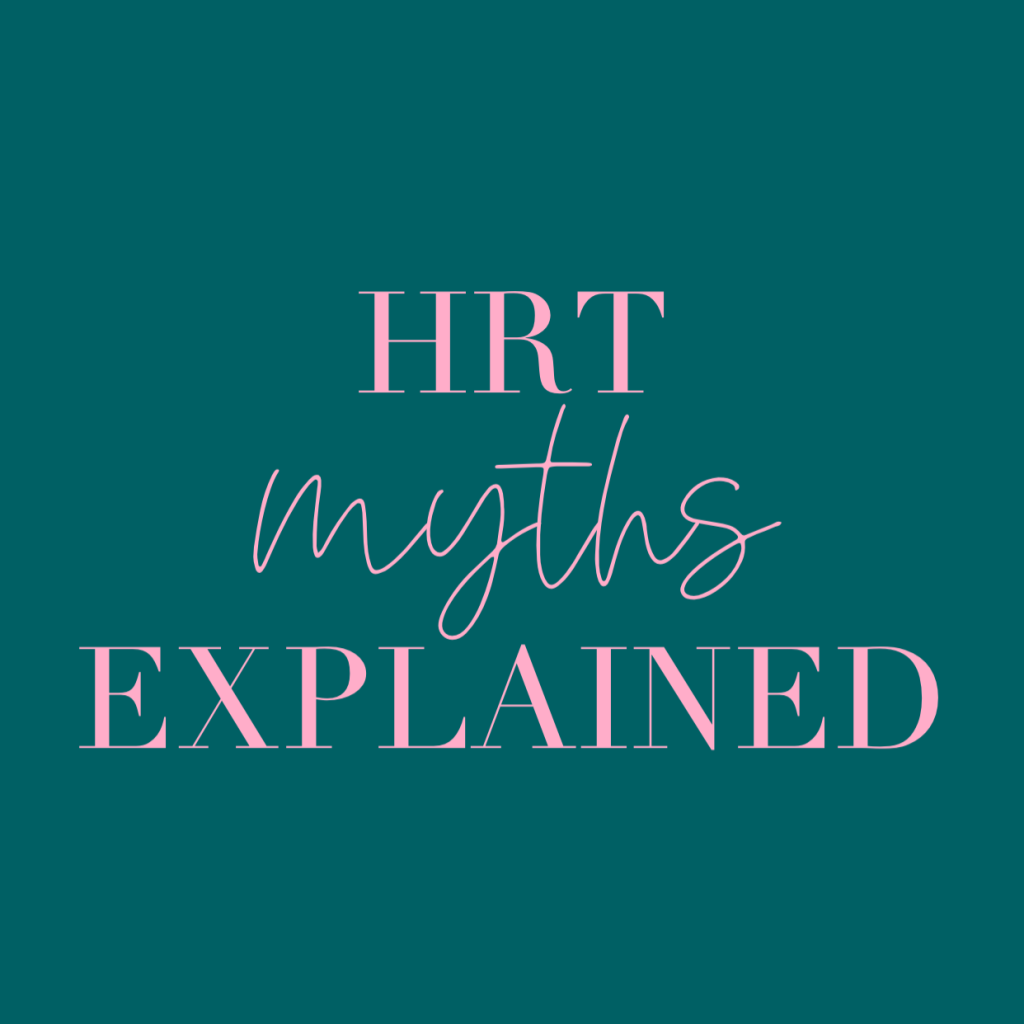
HRT Myths
HRT (hormone replacement therapy) refers to replacement of oestrogen, progesterone and testosterone hormones for relief of menopausal symptoms. It continues to be the most effective treatment for debilitating menopausal symptoms such as hot flushes, night sweats, sleep disturbance, brain fogging, mood fluctuations and vaginal dryness.
The use of HRT plummeted towards the beginning of this century following publication of results of some of the large clinical trials which suggested an increased risk of stroke, cardiovascular disease and breast cancer associated with its use. Over the past decade, further research and reanalysis of the data from original studies have revealed that for the vast majority of women under the age of 60, the benefits of HRT outweigh any risks.
However, misconceptions and myths prevail regarding use of HRT, and this article looks at the research behind HRT to dispel some of the common myths about its use and side effects.
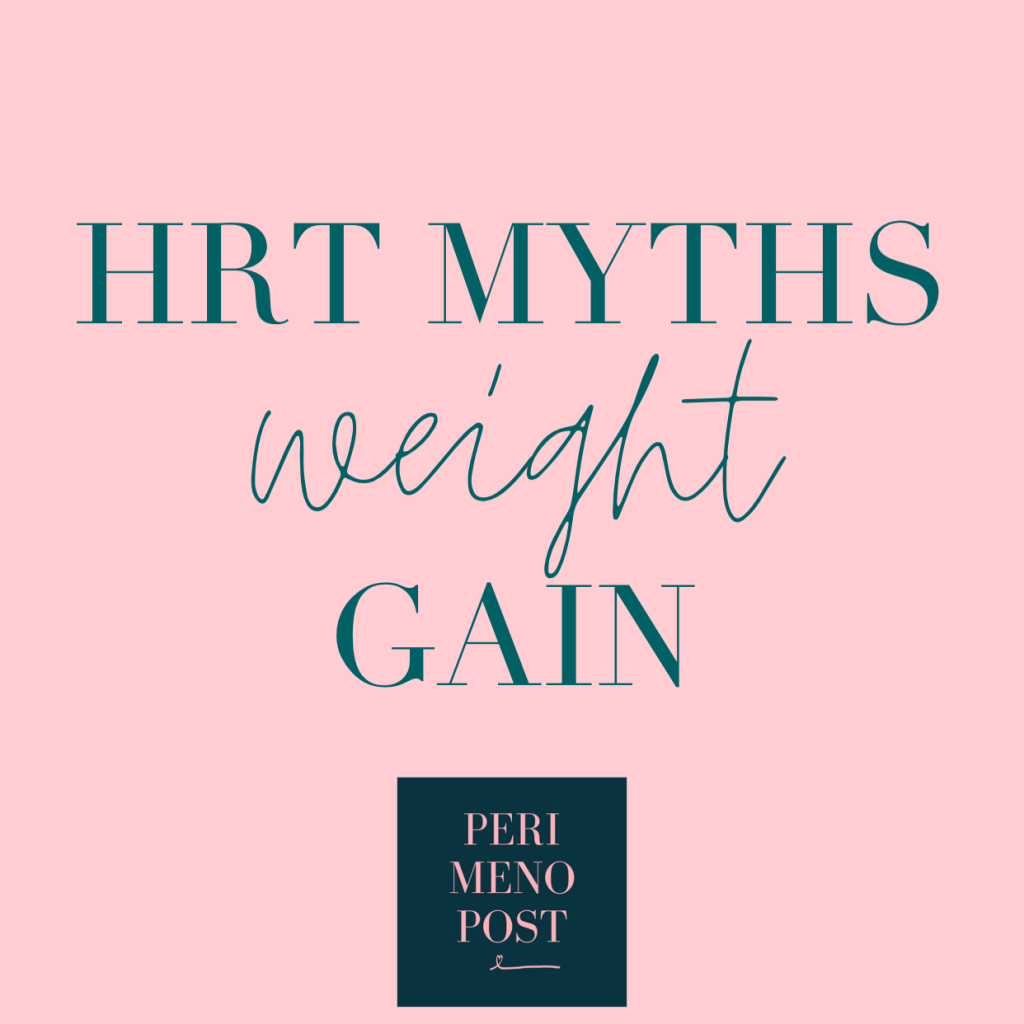
1. HRT causes weight gain
There is no evidence to support a direct link between HRT and weight gain. Women may gain weight in the middle years due to changes in their diet, physical activity patterns and lifestyle. A slowing metabolic rate and redistribution of body fat towards the middle may also contribute to this. A healthy diet and regular exercise are important to prevent such weight gain.
Some women may experience side effects of bloating and fluid retention on HRT, which can lead them to believe that they are putting on weight.
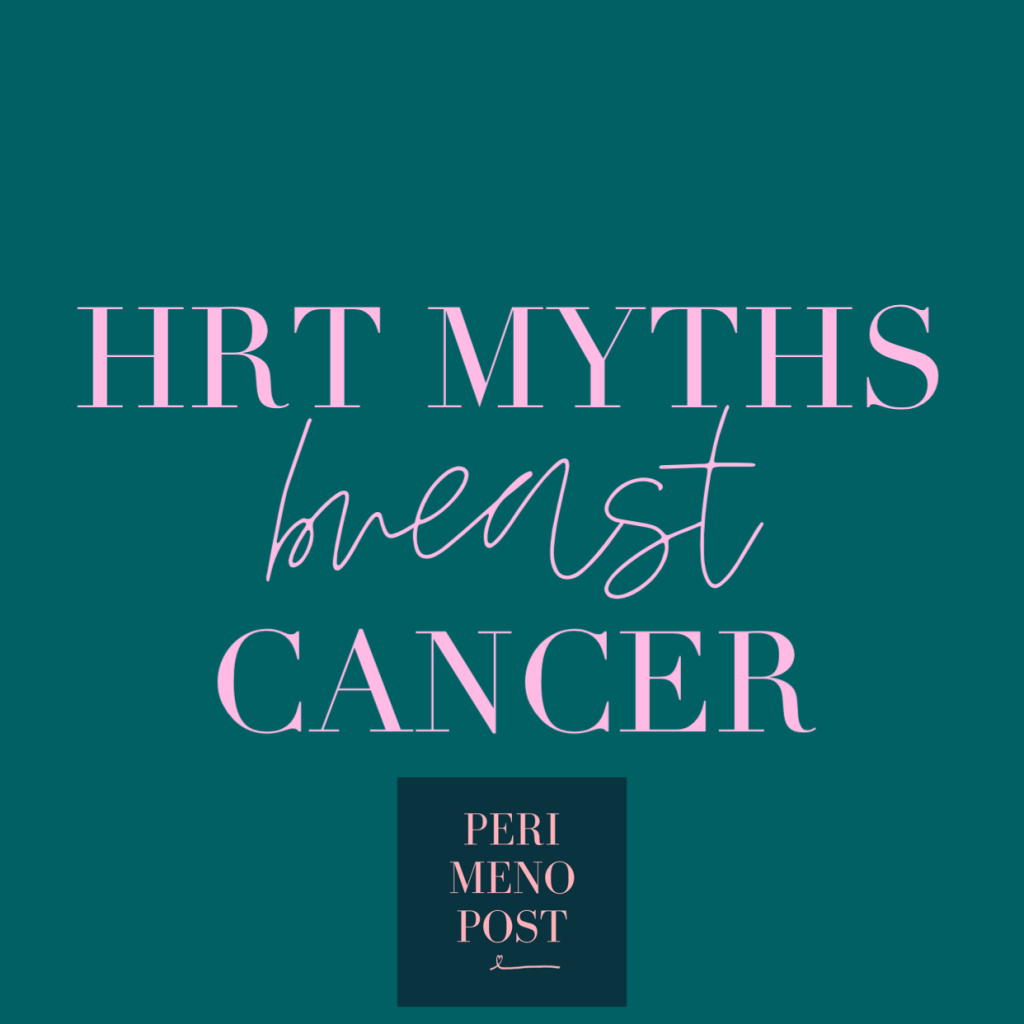
2. All forms of HRT cause breast cancer
This is one of the biggest fears associated with the use of HRT and a common reason for women to choose not to take it. HRT with oestrogen alone is not associated with increase in the risk of breast cancer. Oestrogen-only HRT can only be taken by women who have had a hysterectomy. Combined HRT (oestrogen + some form of progesterone) can be associated with a small increased risk (for women of average weight in developed countries, 5 years of HRT starting at age 50 years, would increase breast cancer incidence at ages 50–69 by about 1 in every 50 users), however this is related to treatment duration and reduces once HRT is stopped.
The risk appears to be lower with some types of progesterone (intrauterine system Miena or natural progesterone Utrogestan) as compared to others. There are many other comparable risk factors for developing breast cancer such as being overweight, drinking 2-3 units of alcohol daily, smoking and undertaking little or no exercise.
There is no increased risk of breast cancer in women who take HRT under the age of 50 years (due to early or premature menopause). In these women, taking HRT simply replaces the hormones that body would otherwise produce until the age of the natural menopause and therefore does not carry the risks which are typically associated with use of HRT after the age of 50.
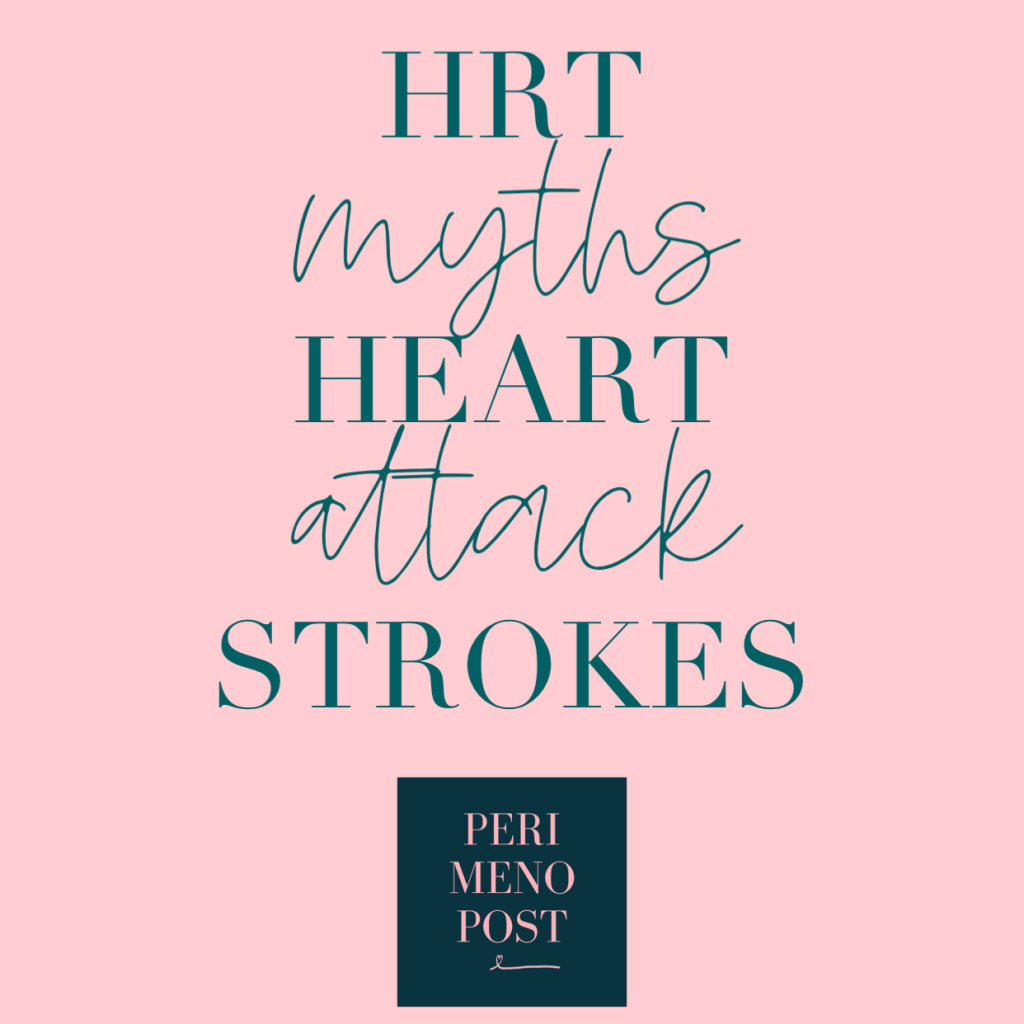
3. HRT has the risk of causing heart attack and stroke
HRT in any form does not increase the risk of heart disease if started before the age of 60 years. Taking combined HRT immediately after menopause for up to 10 years can actually reduce the risk of heart disease and dying from heart disease. There is a very small increased risk of stroke in women who take combined HRT, but this risk can be reduced by taking oestrogen through skin in the form of gels, patches or implants rather than oral tablets. The risk of stroke in women under 60 years is very low regardless of whether or not HRT is used.
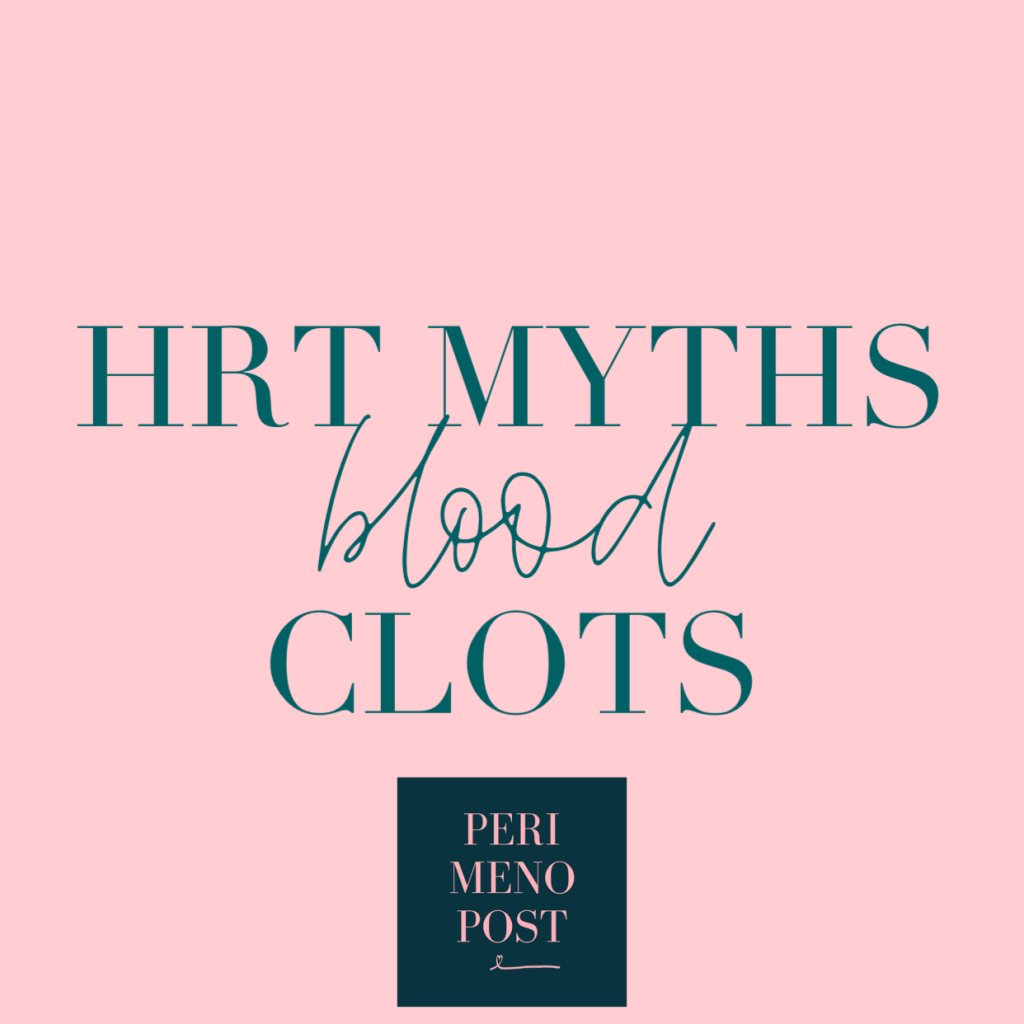
4. All types of HRT can cause blood clots
Oral HRT can cause an increase in the likelihood of having a blood clot. This increased risk is very small and is higher in presence of other risk factors such as obesity or past episodes of blood clots. Maintaining healthy weight and taking oestrogen as either a gel, patch or an implant (through skin bypassing gut and liver) can effectively reduce the risk of blood clots.
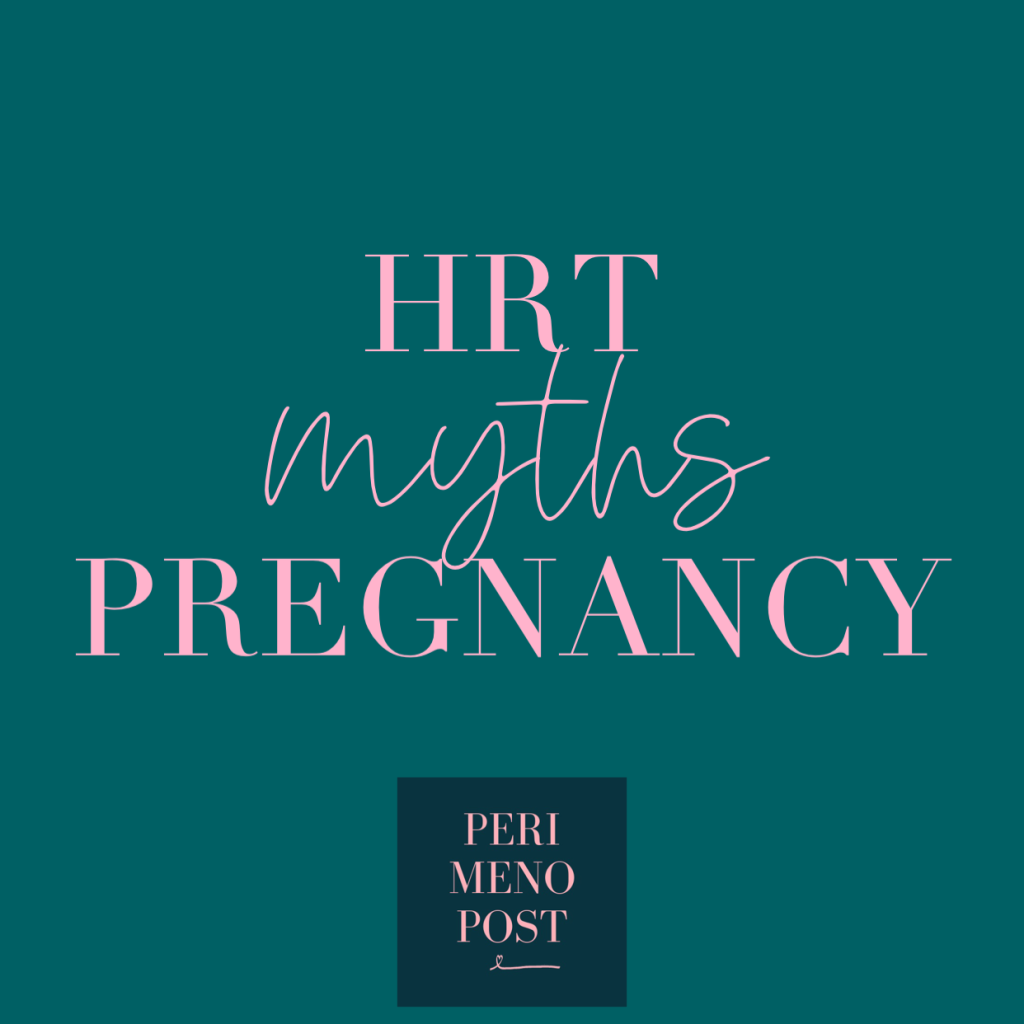
5. If you need HRT you are beyond getting pregnant
HRT is mainly used for treatment of debilitating menopausal symptoms in women of all ages. In women who have had an early or premature menopause, HRT is also prescribed for prevention of osteoporosis and cardiovascular disease. However, HRT is not a contraceptive and young woman can conceive while taking HRT. Most national guidelines recommend that women who wish to avoid unwanted pregnancy while on HRT should continue to use some form of contraception until the age of 55 when loss of natural fertility can be assumed.
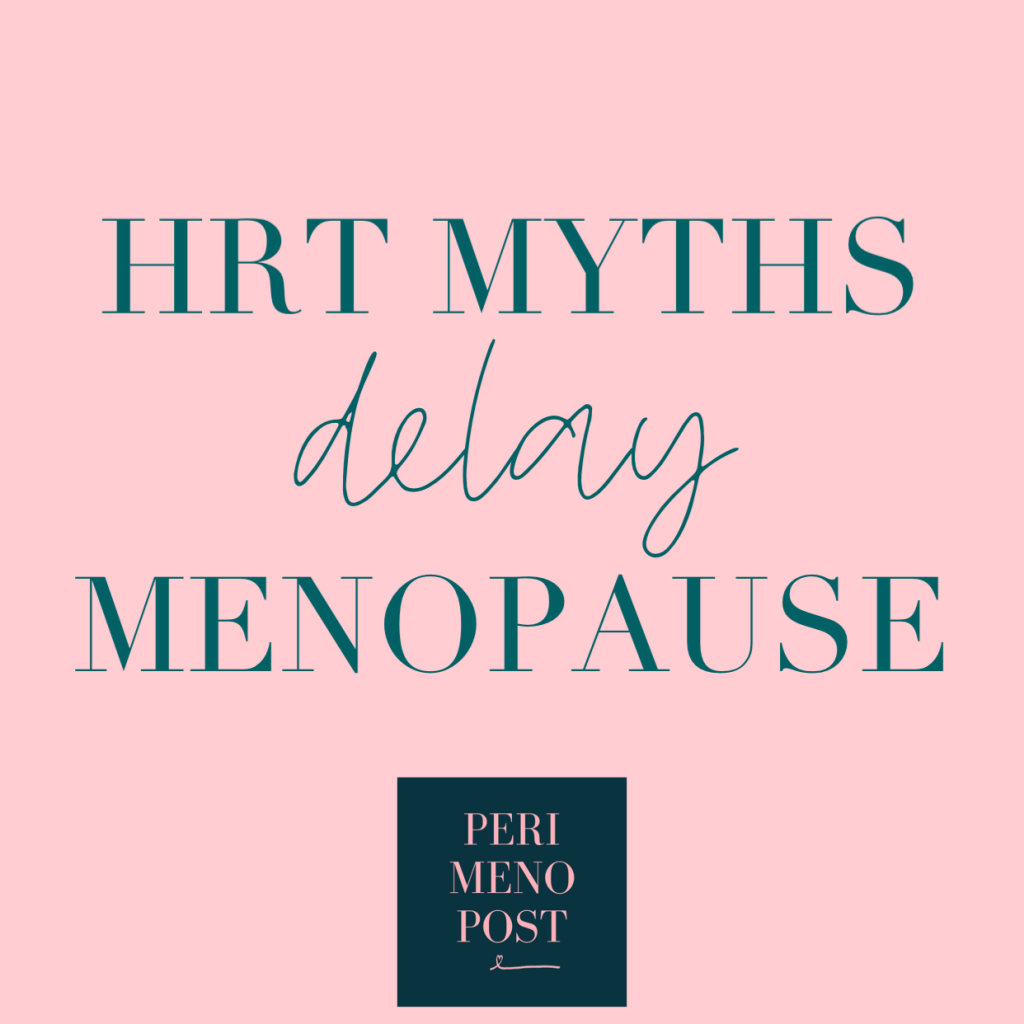
6. HRT delays the menopause
HRT is effective in treating the symptoms of menopause as it replaces the hormone/hormones which stop being produced in the body. HRT however does nothing to delay the decline in ovarian function. Any menopausal symptoms which women experience after stopping HRT are just the symptoms they would have anyway experienced even if they had never had HRT. In fact, when coming off HRT – it is advisable to reduce the dose of hormones and come off gradually to avoid oestrogen ‘withdrawal’ symptoms. Such symptoms, if at all they occur, are usually temporary and decrease quickly with time.
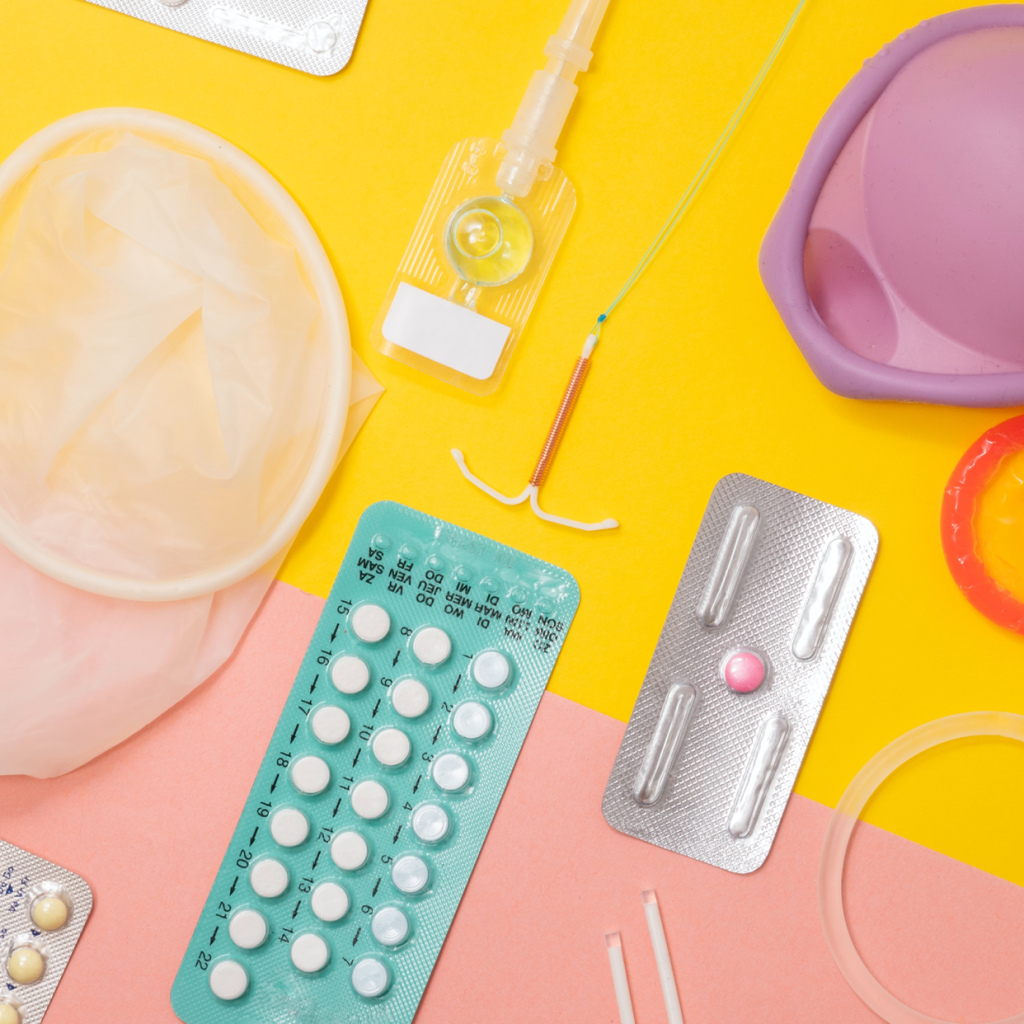
7. HRT carries the same risks as the pill
Although the pill and HRT both contain oestrogen and synthetic progesterone hormones, the hormones in HRT are less potent and in lower (more physiological) dose resulting in differences in side effects and risk profiles. Most pills contain a synthetic oestrogen compound – ethinyl oestradiol combined with synthetic progesterone which is usually a derivative of testosterone. Majority of HRT preparations combine natural oestrogen (17 beta oestradiol) with either a synthetic or natural progesterone. HRT is not contraindicated in women who suffer from migraines (patches, implants or gels preferred) and transdermal HRT preparations have a much lower risk of blood clots than the oral pill formulations.

8. Natural methods to treat menopausal symptoms are safer than HRT
Many women choose to take ‘natural’ or ‘bio-identical’ products to treat their menopausal symptoms however, these terms can be misleading or confusing. Many of the HRT compounds sold under these categories have often been custom-made by the individuals/clinics prescribing them and have not been subjected to the same level of rigorous scientific testing as the conventional regulated HRT preparations. Bio-identical HRT preparations (which are not part of regulated medical treatments) are not recommended for use by the British Menopause Society.
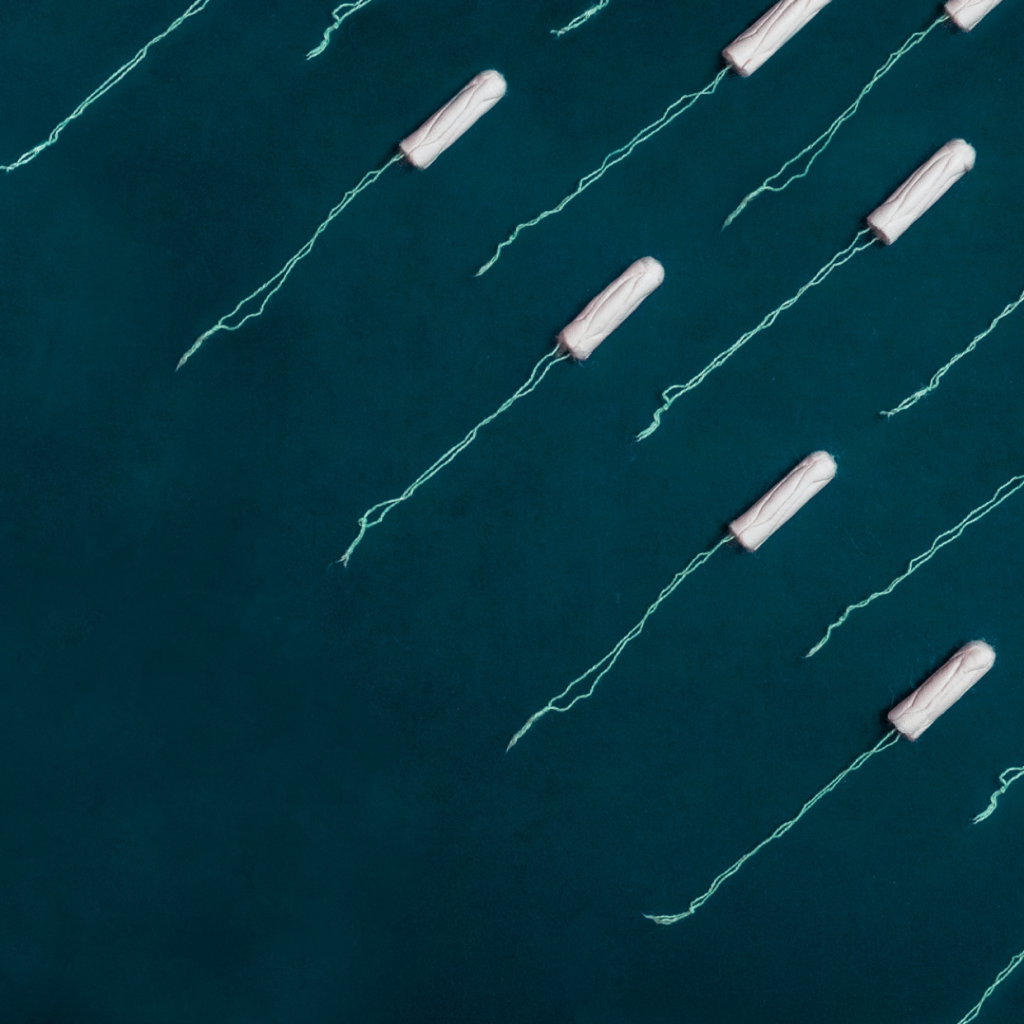
9. HRT cannot be prescribed until a woman stops her periods and her symptoms are unbearable
Many women will suffer from severe menopausal symptoms long before their last menstrual period (during perimenopause) and HRT can be safely prescribed to alleviate symptoms. HRT can also help even if the woman is having mild symptoms. In addition, there is increasing evidence that the earlier HRT is started, more are the benefits for protection from osteoporosis and heart disease.
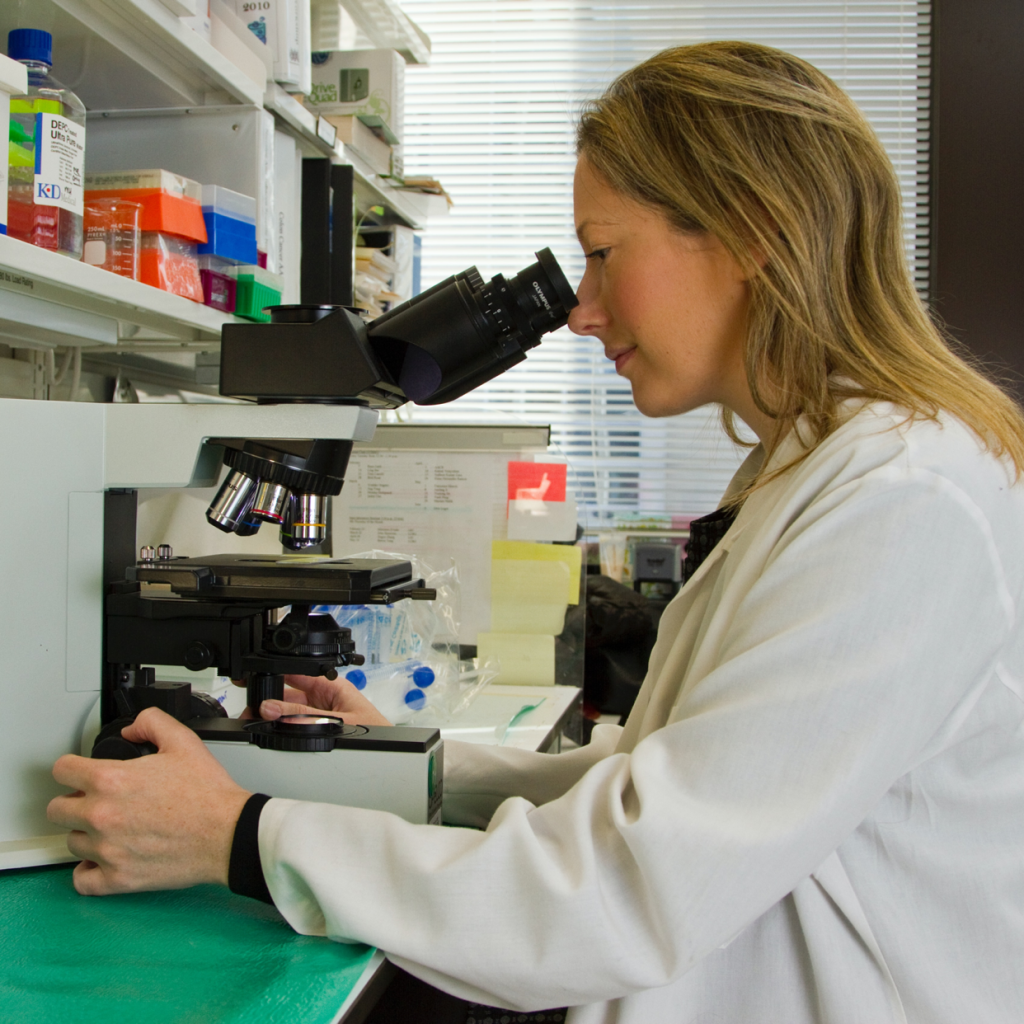
10. Women need to have multiple tests to make sure they can take HRT or that they actually need it
Majority of women do not need any specific tests before HRT is prescribed. For some women, tests such as blood hormone profile, blood clotting screen or pelvic ultrasound may be needed based on their past medical history. It is recommended that blood pressure is regularly monitored while taking the HRT.
Further reading –
1. Menopause: diagnosis and management, NICE guideline, Nation Institute for health and care excellence, UK.Published: 12 November 2015; nice.org.uk/guidance/ng23.
2. Contraception for Women Aged Over 40 Years, FSRH guideline, Faculty of Sexual & Reproductive Healthcare, UK. Published: August 2017 (Updated October 2017);
https://www.fsrh.org/standards-and-guidance/documents/fsrhguidance-
contraception-for-women-aged-over-40-years-2017.
With our kind thankyou to Dr Vikram Talaulikar.
HRT Myths explained was written by Dr Vikram Talaulikar, MD MRCOG PhD
BMS certified Menopause Specialist
Menopause Clinic London
10 Harley Street, London
Has the menopause changed your relationship with your partner? Are you at a crossroads with your sex life due to menopause?
When menopause arrives it can unexpectedly create a curve ball within your relationship. You are suddenly dealing with your hormones that are changing constantly, going up and down and with it the many added physical symptoms.
It is of no surprise that your relationship with your partner may become strained during this time. It is important to talk to your partner and tell them how you are feeling and for you both to be patient and understanding. Your partner may be feeling completely at a loss too, with the sudden change in your relationship.
It’s important that you talk with your partner and your Gp about your symptoms.

During this time of change, why not try something new as a couple? Dancing, exercise togther – set a challenge and why not sign up for a race or event. Discover a new hobby, see some shows, concerts or take a spontaneous trip somewhere.
A positive mindset and talking to one another can help you get through this time, it is another chapter of your journey together try and make time to have some fun.
Enjoying Midlife Sex
By Sam Evans
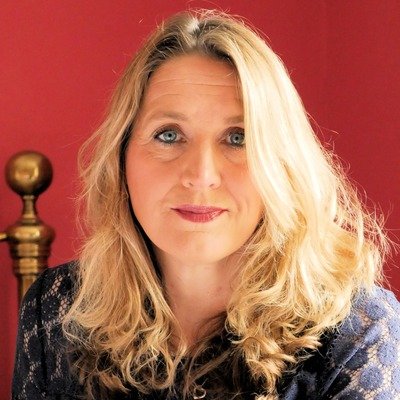
We are very fortunate this week to be able to share with you a great blog from Samantha Evans, PeriMenoPost is proud to call a Menomate!
Twitter – @samtalkssex @jodivineuk a sexual health and pleasure expert.
Sam Evans lives locally in Tunbridge Wells and is a passionate advocate for ensuring women are correctly informed about their sexual health, she works tirelessly to ensure that women do not suffer, are in no pain or discomfort and that they are able to enjoy a fulfilled sex life. I have had the pleasure of hearing Sam talk at a local well woman event and Sam is great fun, incredibly knowledgable about all things sex, sex toys and lubricants. Sam is dedicated to making a change to womens sexual health and helping couples to be just as intimate as they always have been.
If you have experienced issues with intimacy and if your sexual health has been affected, read sams article. Sam provides positive, informative and helpful suggestions to help you regain a healthy sex life again.
“Samantha Evans”:https://www.jodivine.com/authors/samantha-evans co-founded Jo Divine, an online sex toy company, with her husband Paul in 2007 which only sells skin safe sex toys and sexual lubricants.
Having a professional background in nursing, she is a features writer and sexual health and pleasure expert for Jo Divine. She works with many healthcare professionals in the NHS and private practice to help them advise their patients about regaining sexual function and enjoying sexual intimacy and pleasure through the use of suitable sex toys, dilators and sexual lubricants.
With an extensive knowledge about sex toys and sexual lubricants, Samantha enjoys creating informative, practical articles about sexual health and pleasure which endeavour to normalise sex, help people to talk about it and discover ways to enjoy sex in whatever way they want to or are able to. She has also been featured extensively in the media
As a menopausal woman she also advises women going through the menopause and beyond about ways to enjoy sexual intimacy and pleasure as this is often a time when many couples give up on their sex lives due to the impact of menopausal health issues that affect their intimacy and pleasure.
As we get older our sex drive and sexual sensation can change, especially when dealing with a myriad of perimenopausal/menopausal symptoms, such as vaginal dryness or atrophy, decreased sexual sensation or low libido making sex feel painful, uncomfortable or simply not working for you anymore.
Often women give up on sex or continue to endure painful sex which is neither pleasurable, good for their vagina health or their relationship. Women who previously had a good sex life may get frustrated that the menopause has impacted upon their sex life in this way too.
However with a few tweaks to your relationship and the way in which you enjoy sexual intimacy and pleasure, you can continue to enjoy sex, even discovering new ways to make it more pleasurable
Talk to your Partner
This is the commonest reasons why couples give up on midlife sex because they are unable to talk to each other. Your partner probably has no idea about how you are feeling and may think you no longer love or desire them so it is important to tell them why you do not want to have sex or why it no longer feels pleasurable.
Over time, our sexual tastes, sensation, stimulation and attraction change so explore new ways to enjoy intimacy. What might have worked for you or your partner in the past may not work now so show each other where and how you like to be touched, make sounds of pleasure to encourage them when they hit the right spot. Try new positions, prolonged foreplay, quickie sex, simple sex toys, enjoy hotel sex, whatever makes you both feel good.
Share your fantasies, you may discover that some of them are the same. You might even want to act some of them out too!
Use A Good Lube!
Vagina dryness affects women of all ages due to hormones, breastfeeding, medication, cancer treatments, stress, anxiety and especially the ageing process.
One simple way to make sex feel pleasurable, last longer and promote vaginal lubrication is to use lubricant. Do not think of lubricants as just fixing a problem, using a good pH balalanced sexual lubricant can make “ok sex” feel great.
I put YES organic oil based lubricant on before foreplay to get things going which really helps, you may only want to apply it for penetrative sex or other sex play, experiment with what works for you. Always stop if sex feels painful.
It may take time to get used to using a sexual lubricant for both you and your partner which is why it is important to use a good sexual lubricant, a product free from irritating ingredients that has been designed for sex play, not something from your bathroom or kitchen cupboard. Many couples try a lubricant, find that it causes irritation or even thrush, think all lubricants are the same which is not the case so avoid lubricants.
Using a pH balanced lubricant such as YES organic lubricants and vaginal moisturisers, free for irritating ingredients not only makes sex feel more pleasurable and last longer but also keeps your vagina and vulva happy and healthy, especially as we get older.
A Healthy Vagina is A Happy Vagina
Many people care about what they eat or use on their face, hair and body but do not give a thought to what they are putting on their vulva and inside their vagina or anus yet these are highly absorbent and sensitive intimate parts of our body.
Having had my own sex life and vagina health destroyed in my 20’s and 30’s by using KY and other well known lubricant brands and feminine hygiene products still available on the high street today which caused recurrent thrush, bacterial vaginosis ( a vaginal infection with a fishy smell which requires anitbiotic treatment), cystitis and urinary tract infections this led to vaginismus whereby the muscles of the vagina constrict, making penetration either impossible or feel painful.
Through my own research and discovering “YES organic lubricants”:https://www.jodivine.com/articles/sex-tips/want-better-sex-use-lube I found that many commercial lubricants/moisturisers and feminine hygiene products contain ingredients including glycerin, propylene glycol, parabens, perfume and dyes in addition to “tingling” or “warming “ ingredients which can irritate the tissues of the vulva and vagina, disrupting the delicate pH of the vagina which may cause thrush or bacterial vaginosis, especially if you are prone to these infections.
Many water based formulations have a high osmolarity so exacerbate vaginal dryness by drawing moisture from the walls of the vagina not hydrating them.
Always check the ingredients before you buy or ask your GP before they prescribe you a product and do a skin test before rubbing it over your clitoris, nothing worse than an itchy or stinging vulva or vagina! Be aware that some well known brands do not put the ingredients on the box or label so choose a product that has an ingredients label.
Feminine hygiene products, scented menstrual products and perfumed condoms are completely unnecessary as our vaginas are self cleaning and all you will do is disrupt the vagina pH which will lead to irritation, an infection and make your vagina/vulva feel sore.
I keep my vagina and vulva happy by using YES oil based organic lubricant for sex and when using sex toys, YES vaginal moisturiser twice weekly and Vagifem, a local oestrogen pessary three times weekly. For those worried about using HRT, local oestrogen is not absorbed systemically (into the bloodstream), it is absorbed directly into the walls of the vagina and into the skin of the vulva, replacing the depleting oestrogen to keep the skin healthy and flexible. The depleting oestrogen makes the tissues of the vagina and vulva shrink and thin, leaving them feeling sore, less well lubricated and the vagina tightens, making penetration feel sore or painful. It can also lead to thrush or other vaginal infections and irritation. Local oestrogen is the equivalent of taking one HRT tablet each year so an incredibly small amount of oestrogen which can make a huge difference to your vagina/vula health and your sexual pleasure too.
Regular Orgasms are Good for You
Orgasms are fun, free and good for your health!
Enjoying regular orgasms with a partner or during solo play using your fingers or a sex toy can increase your vaginal lubrication, help you begin to feel more sexual if you are struggling with your libido, reduce stress, boost immunity, keep you looking young and exercise your pelvic floor. Orgasms can also improve the quality of yoursleep, a common problem during menopause, as the release of feel good endorphins induces a state of relaxation helping you drift off.
Often during menopause our ability to orgasm may take longer or it may not feel as pleasurable so I often recommend using a “simple bullet vibrator”:https://www.jodivine.com/articles/buyers-guides/bullet-vibrators either for solo play or with a partner. Small enough to slip between yourself and your partner, bullets can also be used on partners with a penis and on nipples too.
Men can benefit from enjoying regular orgasms because they can improve prostate health and help to reduce the risk of developing prostate cancer. Regular ejaculation flushes out prostate fluid in the prostate gland which can stagnate and become inflamed leading to an enlarged prostate which causes pain, increases the need to pee and difficulty in emptying the bladder.
Kick start your Libido
Sometimes it can be really hard just to make the effort to have sex so take the focus of penetrative sex if this is how you normally enjoy sex with a partner and enjoy non penetrative sex play. Enjoy kissing, cuddling, body massage, gentle touch with fingers, silky ribbons, feathers, mutual masturbation with a good pH balanced sexual lubricant, nipple play. Having regular orgasms can help to kick start your libido and arousal so indulge in a long bath and take your favourite waterproof sex toy with you, grab some self care time alone or share your sex toy with your partner. Show them how it works for you, use it on their body.
Exercise those Pelvic Floor Muscles
Regular pelvic floor exercises can make orgasms feel stronger and help incontinence issues. However, some women have a tight pelvic floor which can make penetrative sex feel painful. If you are unsure how to do your pelvic floor exercises or if you think you have a weak or tight pelvic floor, a pelvic health physiotherapist is the best person to see. They are the experts in pelvic health and will be able to assess your pelvic floor muscles, offering practical exercises to strengthen or release your pelvic floor. Many work in the NHS so ask your GP to refer you. You can also self refer to those working in private practice too.
Explore Sex Toys
Incorporating sex toys into your sex play can help you enjoy new ways to be intimate and discover new sexual sensations especially if you find yourself struggling to orgasm or it takes longer due to decreased sexual sensation.
A simple bullet vibrator is small enough to slip between you and a partner to enjoy clitoral stimulation during penetrative sex or foreplay. You can use it on yourself, get your partner to use it on you or play with it on their body.If vaginal tightness is an issue, using a slim vibrator or dilator with plenty of lubricant can help stretch the vagina walls, making them more flexible and penetrative sex feel more pleasurable.
Vibrating constriction rings are a great way to help a man maintain his erection, last longer and offer clitoral stimulation at the same .
Sex is not just penetration – enjoying prolongedsex play might be all you want. Explore sex toys, oral sex, bondage, nipple play, mutual masturbation, kissing and intimate massage.
Don’t give up on your sex life, talk to your partner, use a good pH balanced sexual lubricant, masturbate more, explore sex toys, do your pelvic floor exercises, be imaginative, adventurous and have fun in whatever way feels pleasurable for you!
At Jo Divine we believe that sexual health and sexual pleasure go hand in hand and have created a health brochure with suitable products to help people with sexual issues. Working with medical professionals, we hope to encourage patients and HCPs alike in talking more freely about sexual problems. A health issue doesn’t mean your sex life will have to stop!
Thank you Sam for your helpful and informative feature, women will now be informed and have the knowledge to ask their health care professional more questions and gain the correct course of treatment that they rightly deserve.
You can follow Sam on Twitter @SamtalksSex @jodivineuk or via her website for products and information www.jodivine.com / Instagram @Jo.divine

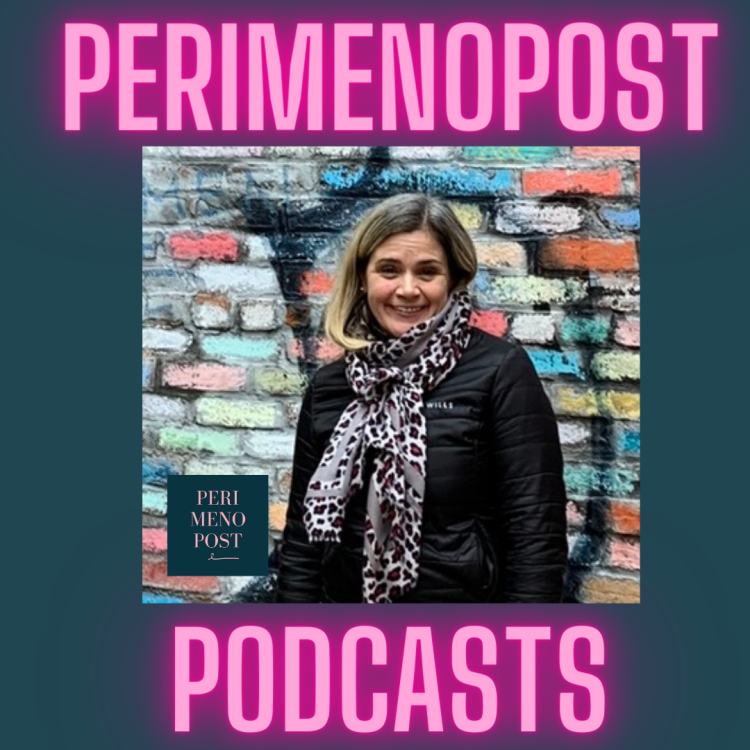
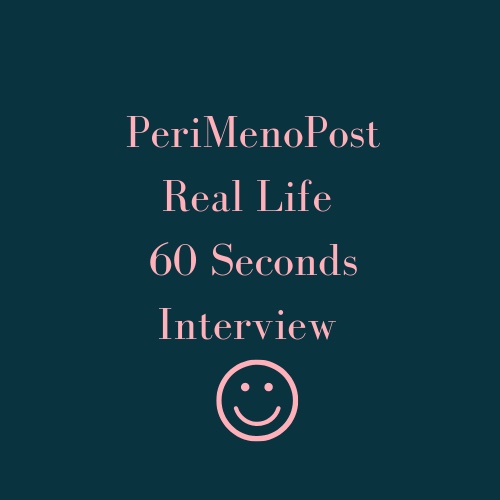
This week’s real life meno 60 seconds interview guest is Jo Moseley, AKA the Paddle board super hero!
Jo is the first woman within the UK to stand up paddleboard – S U P from coast to coast!!
One awesome real-life meno warrior!!!
Since turning 50, Jo has begun her personal quest and journey of paddleboarding and helping to clean up the environment along the waterways as she travels. Jo takes you on a journey aboard her paddleboard, giving you a refreshing view of life upon the UK’s waterways, scenery, seasons, every type of weather and the wildlife she encounters along the way. Her passion is clear and is infectious, making you feel that you too could jump on a paddleboard, enjoy nature and join her on her mission to help make a difference to the environment.
Jo is passionate about the environment and is actively involved in the #2minutebeachclean and also an active member of the wave project, a surf therapy charity for children in the UK.
This year saw Jo complete the #paddleboardthenorthchallenge!! It was a joy to follow her adventures via social media. Adding to Jo’s talents and comitment to her cause she has just won the 2019 Smart award for Best Bradford Film!! Congratulations Jo we are all behind you, all the way!
Nothing is going to stop Jo, not even menopause! She is enjoying this stage of her life and being able to experience the freedom, joy, exhilaration and the feeling of being alive out on the water. Read Jo’s menopause journey and how she has found a new sense of energy and zest for life.

#2minutebeachclean #paddleboardthenorth
2019 Smart Award winner Best Bradford Film

1) Best Part of menopause?
Ooh interesting! I think because the perimenopause broke me when I was already down, the healing & learning is the best part. I had to start looking after myself because I was at such a low point & that has been an interesting & empowering journey. I’ve made friendships, learned skills, gone on adventures & found my creative & personal voice.
2) Tell us your best #Menomoment?
Ooh I think paddleboarding into Goole this summer in a huge thunderstorm followed by a beautiful rainbow. I had completed my 162 mile coast to coast fundraising & litter picking adventure. As the first woman to do so & at 54, it made me feel like I had achieved something not just for me but for women in their 50s and those going through the menopause.
3) What has been the worst part of your menopause?
Sleepless nights, crippling anxiety, joint pains & feeling like I was lost.
4) Have you taken the NHS or Private Health route to treatyour menopause?
I haven’t really been treated with either route. I’ve researched & found my own answers. I am however aware that I am very fortunate in that I’ve been able to do this. If I were to seek treatment, it would be NHS.
5) Have you been supported within your workplace?
I haven’t really needed to ask for support. I work in a very kind environment anyway so I am fortunate. My colleagues do comment on how warm I like to keep my office and why I am wearing 3 jumpers in summer! I get cold flushes!
6) HRT or natural/alternative treatment for Menopause?
Lifestyle changes: exercise, vitamin D, nutrition, sleep, stretching, less stress, gratitude, magnesium, sports massages.
7) What advice would you give to a younger you prior toPerimenopause and Menopause?
Look after yourself more! Put yourself on the priority list! Move, say no to things that don’t bring you joy, stop volunteering for everything, be kinder to yourself, go to bed early. You don’t have to be superwoman! Also read up on the perimenopause & what it’s all about. You think you have to do everything on your own as a single Mum but you don’t. It’s ok to ask for help. Look after your bone health!
8) Where do you see yourself in 10 years time?
Ooh I hope taking women out on the water on Paddleboarding retreats, litter picking, stretching & having delicious food. Helping women feel like warrior women on the water. Spending more time at the coast & in the sea. Writing & speaking about adventures, wellbeing in menopause & midlife purpose & reinvention.
9) Who would you like to give a shout out – mention too?
Who has been supportive and instrumental in helping you through menopause?
Ooh great question! Definitely a shout out to Deborah Garlick of Henpicked. I think they were the first online community I discovered who even talked about the menopause openly. I learned so much and was grateful to contribute to their book. That was 4 or 5 years ago. Rachel from Magnificent Midlife has been sharing huge amounts of very valuable information for years too. Also Jo & Anne from Positive Pause and Jane from Meno & Me for inviting me to talk at their respective menopause events this autumn. A privilege & honour. Angela from Behind The Woman is brilliant too. My friend Sam Bunch who wrote a fab, funny book Menopause – A Hot Topic. Basically, we are lifting and supporting each other.
10)Who is your favourite #Menowarrior?
Ooh Jane Dowling. She gives 110% every day on social media. Sharing her journey, answering questions, supporting and just being incredible. Her exercise videos on Instagram are so helpful. Such a star!
Thank you Jo for your story, we are looking forward to hearing about your sup adventures! The retreats sound great, keep us all posted.
You can keep up to date with Jo’s adventures and follow her at;
Twitter @Healthyhappy50
Instagram @healthyhappy50
Would you like to be our next real-life meno 60 seconds interview guest?

Christmas is fast approaching, the season will soon be upon us, how does this make you feel menos?
Are you already feeling the burden of all the season necessities falling on your shoulders?
Are you aware of what is giving you stress or anxiety for the christmas season?
This week give yourself some time to sit down and make a christmas plan to help you manage through christmas, identify what is already causing you stress?
Make a plan to delegate jobs, if you are sharing christmas with family members. Schedule in time for you to take a break, a walk in the fresh air, a quiet time to read a christmas novel or magazine. Set yourself limits as to how you want to spend christmas, practice self care even if it means you need to take a nap if your body is tired!
Remember how important selfcare is when managing menopause symptoms and how to look after yourself with some early nights, healthy eating and exercise this will all help to make you feel so much better.
Have a super week Menos, wishing everyone a healthy, happy and safe Christmas! stay positive, stay safe!
Wash hands, wear a mask and keep you 2m distance. Be kind to one another and give your support!

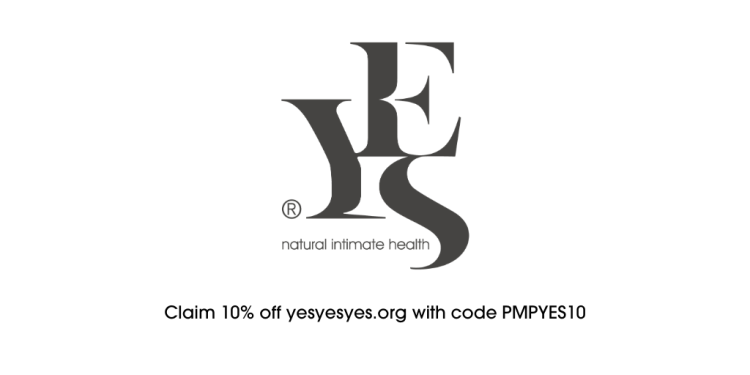
https://perimenopost.com/menopause-health/
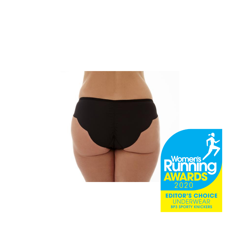
Small Business Ad Discount code – PERIMENOBP3
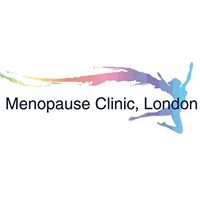

Small Business Ad https://perimenopost.com/finance/
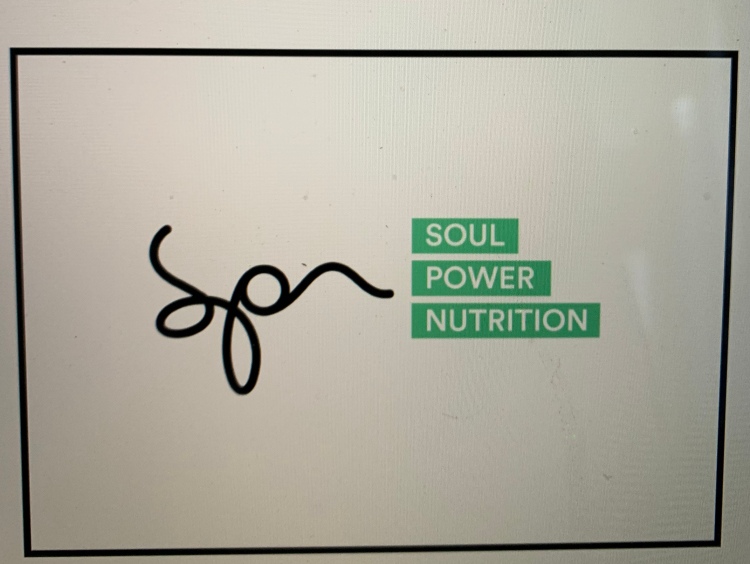
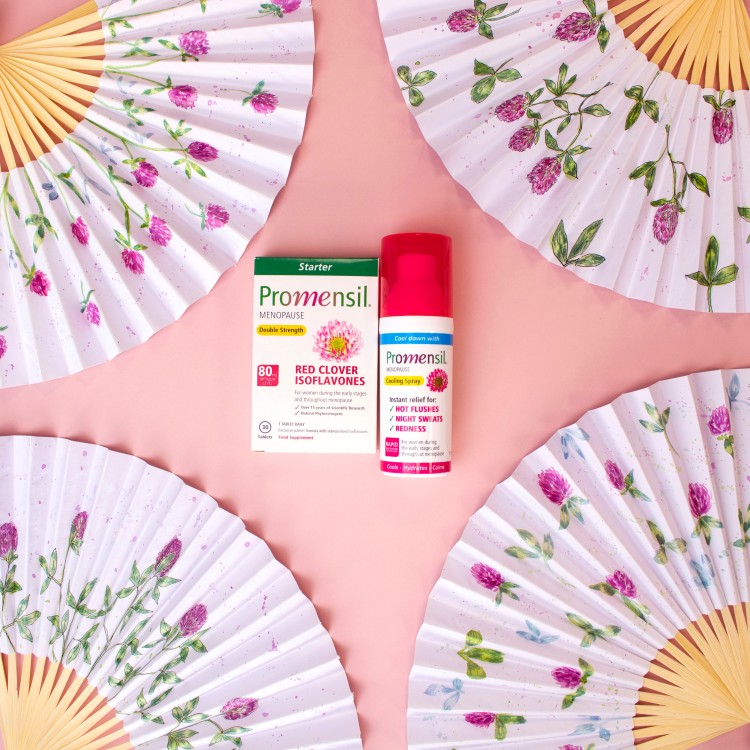
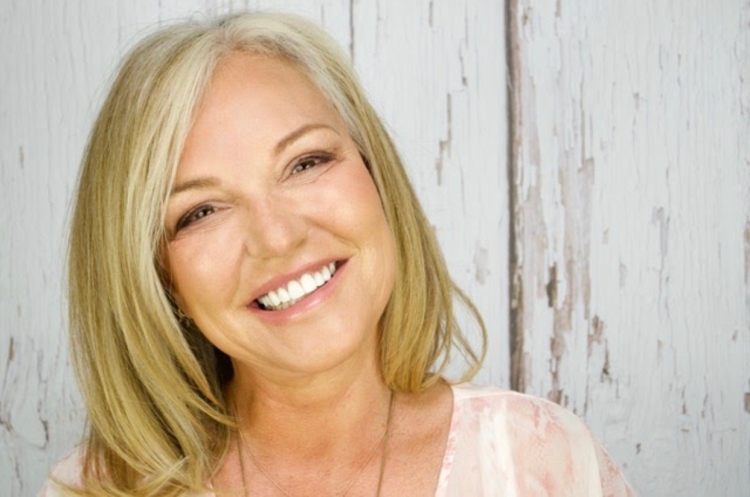
https://perimenopost.com/michellezelli/


